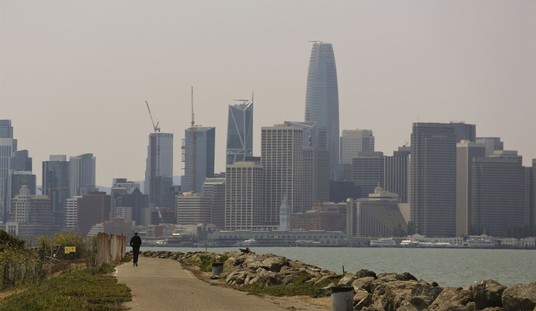Two years ago, the newly-Democratic Congress struck a blow for a greener planet by demanding a level of ethanol production based on current estimates of gasoline use. This delighted corn farmers and ethanol manufacturers, and most everyone else assumed that little harm could be done by growing more corn and turning it into something other than food. No one thought about what a recession might do to gasoline demand, or how a parallel Democratic push to force automakers to produce more efficient cars would impact the need for all of the ethanol Congress demanded.
Now it looks as though we have a glut of ethanol coming, and your catalytic converters might be sacrificed on the altar of Congressional foolishness (via Brian Faughnan):
In theory, the Environmental Protection Agency has the power to solve this problem by tweaking the mandates imposed by Congress, and it may act as early as next week.
Each potential solution would anger one interest group or another, so the agency has been subjected to fierce lobbying, including from members of Congress lining up behind various factions. One possibility is to raise the maximum proportion of ethanol in gasoline to 15 or 20 percent.
But that idea is opposed by some carmakers and pollution experts. They contend that high ethanol blends can cause damage to cars, including making catalytic converters run hotter.
The Alliance of Automobile Manufacturers says it believes this could cause the converters, components that help control pollution, to fail at around 50,000 miles. They are supposed to last for 120,000 to 150,000 miles. “We are sensitive to the issues facing the ethanol industry, but the government must make decisions based on sound science,” said Dave McCurdy, president and chief executive of the alliance, in a letter to the E.P.A.
Another possibility is that the agency could waive the mandates requiring use of a large volume of biofuels. But that would anger farmers, who sell a great deal of corn to ethanol factories, and the members of Congress who represent them. It might also undermine the efforts of companies that are investing millions in factories to make ethanol from waste materials, like corncobs, straw and garbage.
Think of this as a bubble in the ethanol market not unlike that seen in the housing market with subprime loans and ill-advised government incentives. Congress created an artificial demand for ethanol production, and got much more than we needed. Now a lot of people may lose their shirts if someone doesn’t buy it up, and a lot of us may lose our catalytic converters if they do.
The government incentives have had other perverse outcomes, too. The CBO reported in April that it drove food prices higher, making more difficult for the poor to get enough food to eat. In October of last year, the International Monetary Fund called corn ethanol “a very, very bad idea” for the same reason. Those market distortions go well beyond damaging catalytic converters or sticking Congress with a lot of ethanol it can’t use.








Join the conversation as a VIP Member